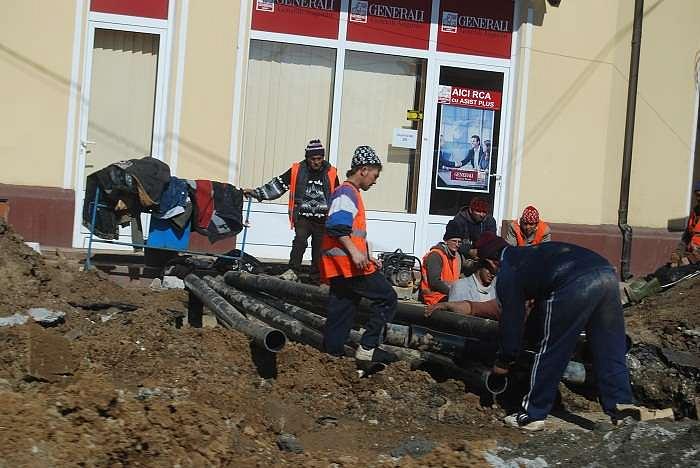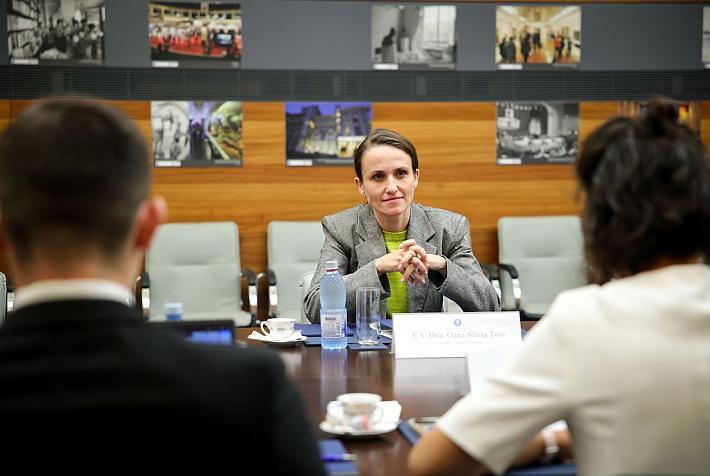Romania's number of skilled employees with work contracts down, unskilled ones up

The number of employees with university studies went down 11.5% in 2016 compared to 2015, to a total of 950,000, according to a report by the Association of Local Investors PIAROM quoted by Hotnews.ro.
Meanwhile, the number of employees with pre-high school education went up by 8.5%, reaching a number of 750,000 work contracts. The number of employees who are high-school or post-high school educated increased by 12% to a number of 510,000 work contracts.
"Romania’s economy is specializing in areas that are noncompetitive in the European area, generate low value added, and the labor force is cheap and unqualified. This has a significant economic impact on the short term (reflected in the population’s purchasing power) but also long term, when the low revenues, characteristic of the sectors where the Romanian economy is specializing, will not generate enough contributions to the state budget and the social contributions budget, to ensure sustainability of the pensions system and of the public healthcare sector,” an analysis in the report reads.
There were 4.9 million work contracts in Romania in 2015, and a working population of 8.4 million. The statistic confirm previous Eurostat data according to which Romania is one of the European countries with one of the lowest rates of employment by work contract, the report notes. Alongside Greece and Turkey, Romania is one of the countries where the share of employees from the total active population stands below 75%, due to the high number of people working as self-employed persons. By contrast, the EU average stands at 84.6%, while in countries such as Denmark, Estonia, Luxembourg, Sweden and Norway the percentage of employees from the active population exceeds 90%.
The main occupational groups that recorded increases in the number of individual work contracts were the low-skilled workers in the extractive industry, construction sector, processing industry and transports, a segment which saw 48,600 new individual work contracts in 2016. The number of employees also grew by 26,200 in the retail and wholesale sector. The number of people working as drivers or mobile installations operators went up by 22,300.
The most significant decreases were registered among specialists in science and engineering, where individual work contracts went down by 25,992, and healthcare, where the number of contracts went down by 8,371. In the job area of administrative and commercial managers the number of contracts went down by 8,110. The only high skilled workforce area where the number of contracts went up was that of IT&C specialists, where 13,171 individual work contracts were added.
As far as salaries are concerned, the report notes a trend towards an increase of the share of employees working for the minimum salary. According to Eurostat data, this number tripled between 2010 and 2014, without exceeding 15% of the total workforce. The number of work contracts on gross salaries lower than EUR 300 stood a 41.54% of the total work contracts for the analyzed period corresponding to 2.07 million of individual work contracts.
The Romanian language report can be read here.
Romania sees highest increase in labor costs in EU
editor@romania-insider.com











